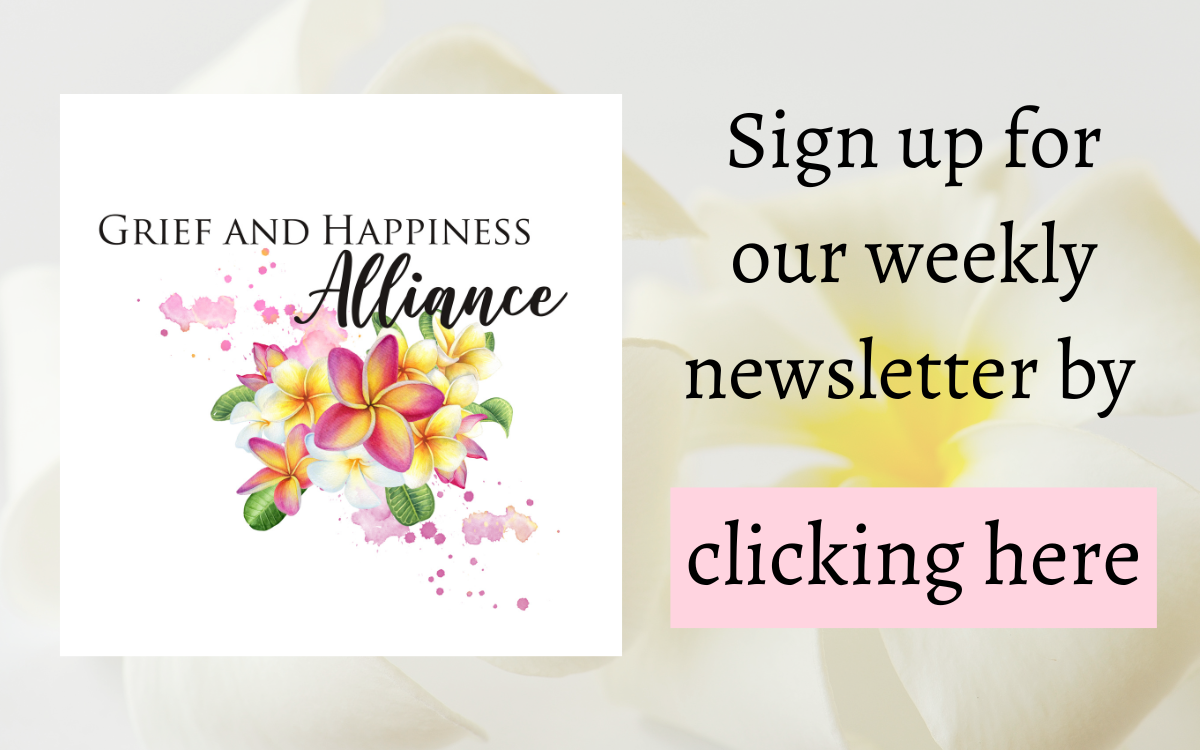
I woke up this morning feeling so good, and It made me think. We all notice when we don’t feel good, and then we spend time and energy dealing with that. But I was thinking instead this morning of how wonderful it is to just feel good. I started looking at what was different in my life right now that is contributing to this elation.
Sunday my friend invited me to her house for dinner with a couple of other friends. (We did social distance) After dinner, we played a card game named Uno Flip. I had played Uno years ago, but I never played Flip. We had so much fun that we all laughed for an hour. I realized then that though I am happy, I hadn’t laughed that much in years. My whole body felt good. Though that was 4 days go, I still feel great. I am sure that was the start of this good feeling.
In addition to that, I have committed to going on a walk every day. I have been listening to a book as I walk, but this morning, I decided to just enjoy the silence, the birds, and the breeze. I reflected as I walked on how much I love where I live. I can see both sides of the island as I walk, and there is such a wide variety of tropical flowers that I took time to observe and enjoy.
I also have been writing every day. Although I am an author and I teach writing, I’ve been taking a couple of online writing classes to just explore ideas and writing techniques. I am discovering more about me and am having some powerful inspiration which is fun to pursue. I even decided to teach a Zoom writing class on Saturdays to explore writing through grief. There is no charge and no pressure with this class. I’d love to have you join if you are interested.
I’ve also been gardening, cooking, reading, and painting, so much fun! I hear people say they are so bored with the shutdown and restrictions because of the pandemic, but I haven’t felt that at all. I fill my time with what I enjoy, and I never run out of things to do even if it is sitting in my comfy chair in my back yard, listening to all the birds sing, and sipping some refreshing iced water.
One of my favorite songs is Lovely Day by Bill Withers. As I walked by a picture of Ron and I today, I blew him a kiss and thought of this song. Look at a picture of your loved one, smile, and listen to this song. Lovely Day
I wish for you a lovely day.
Sign up for my Writing Together Through Grief Zoom Class here





